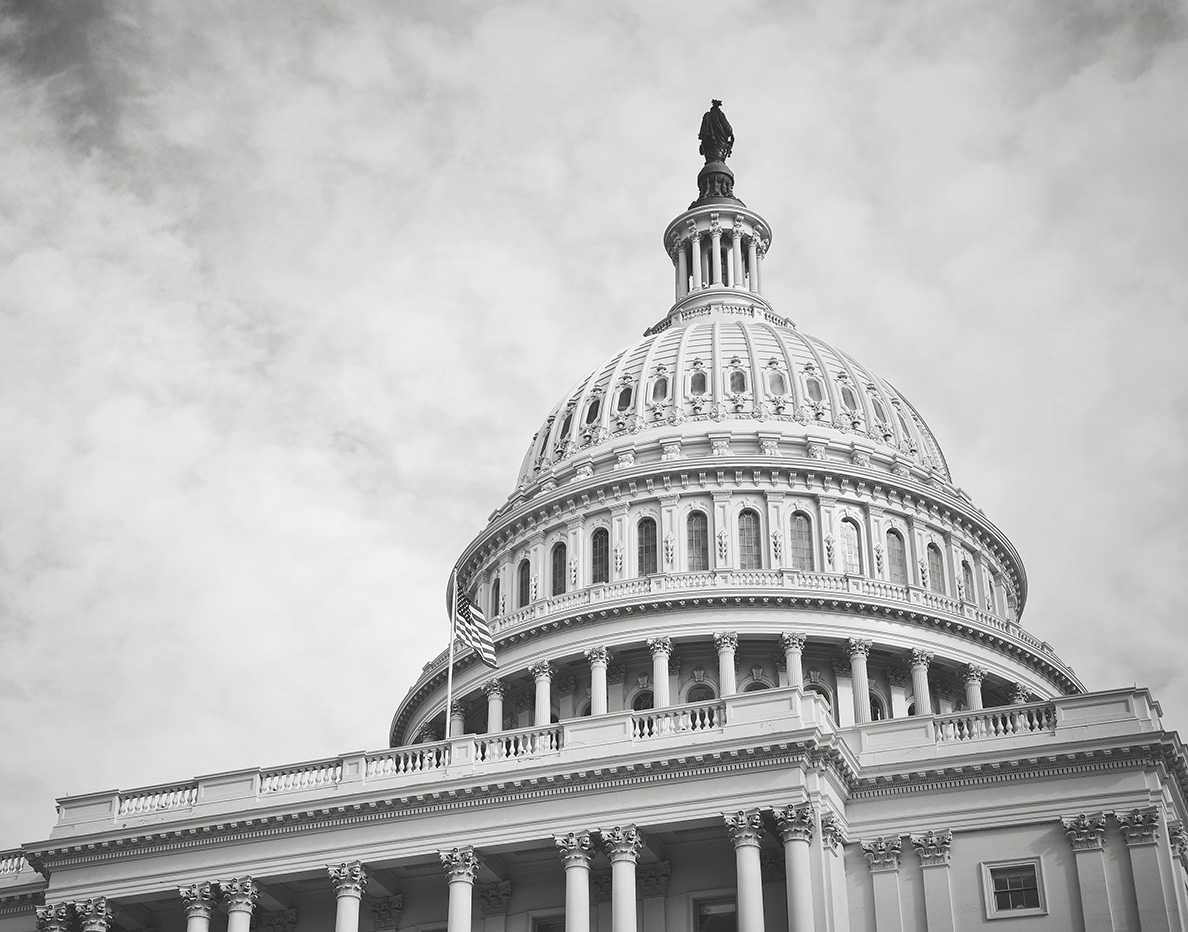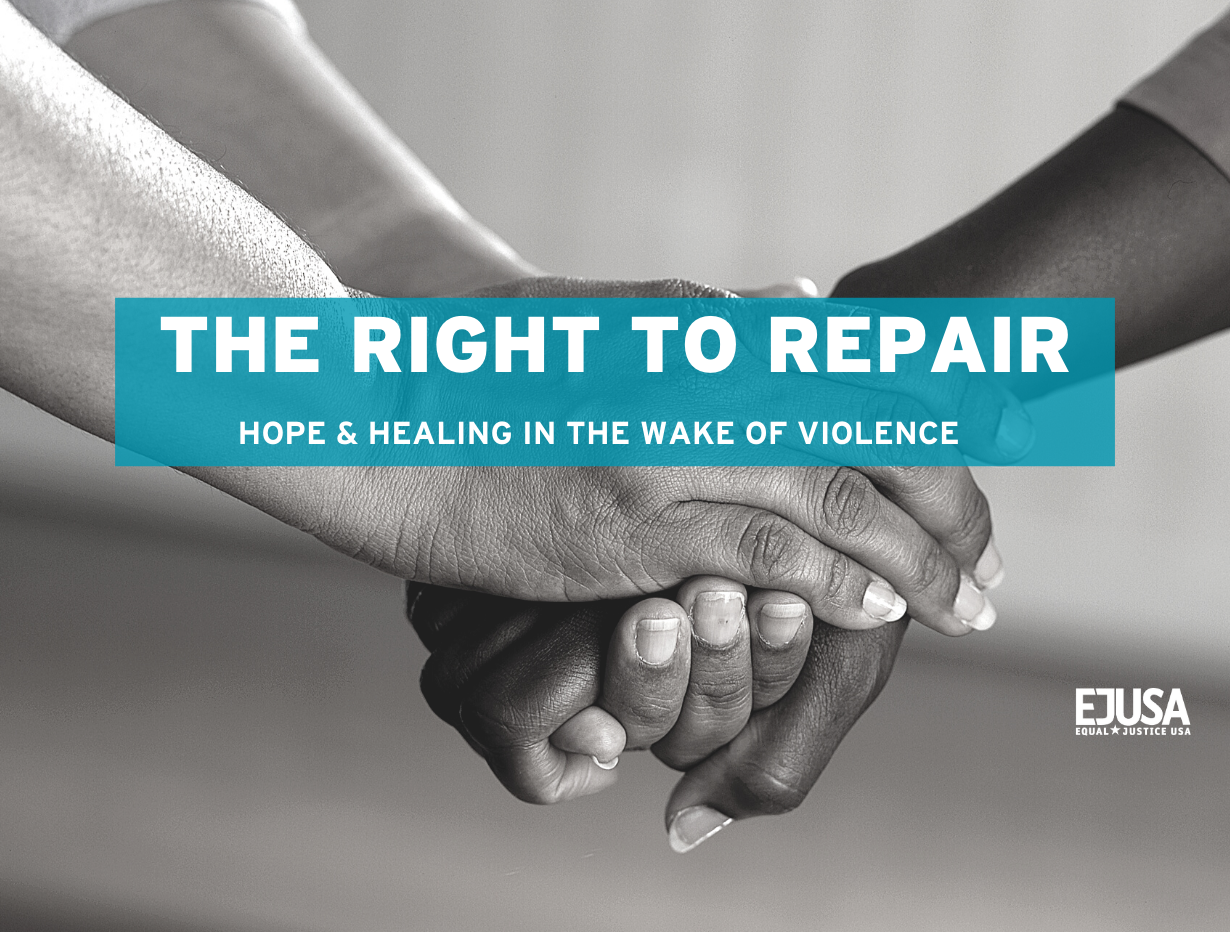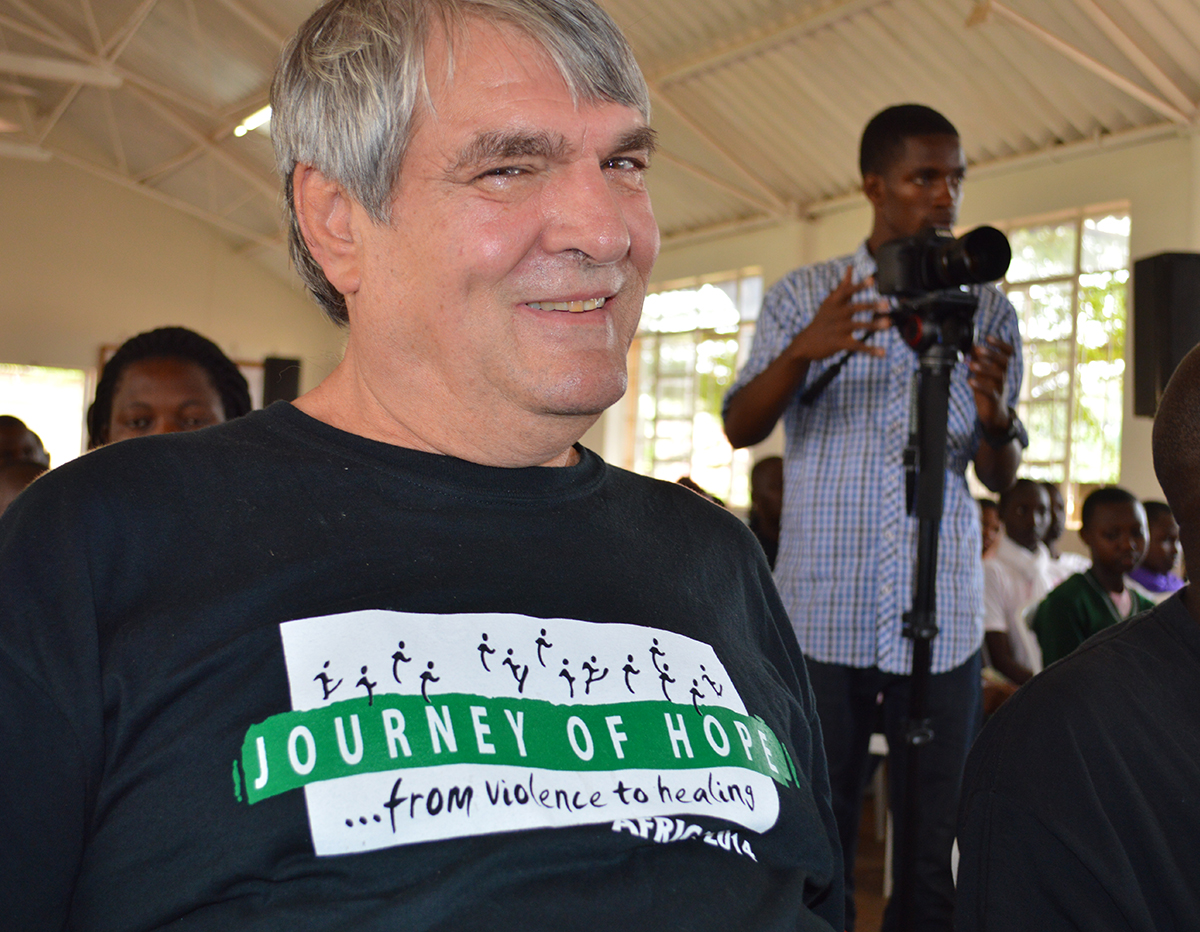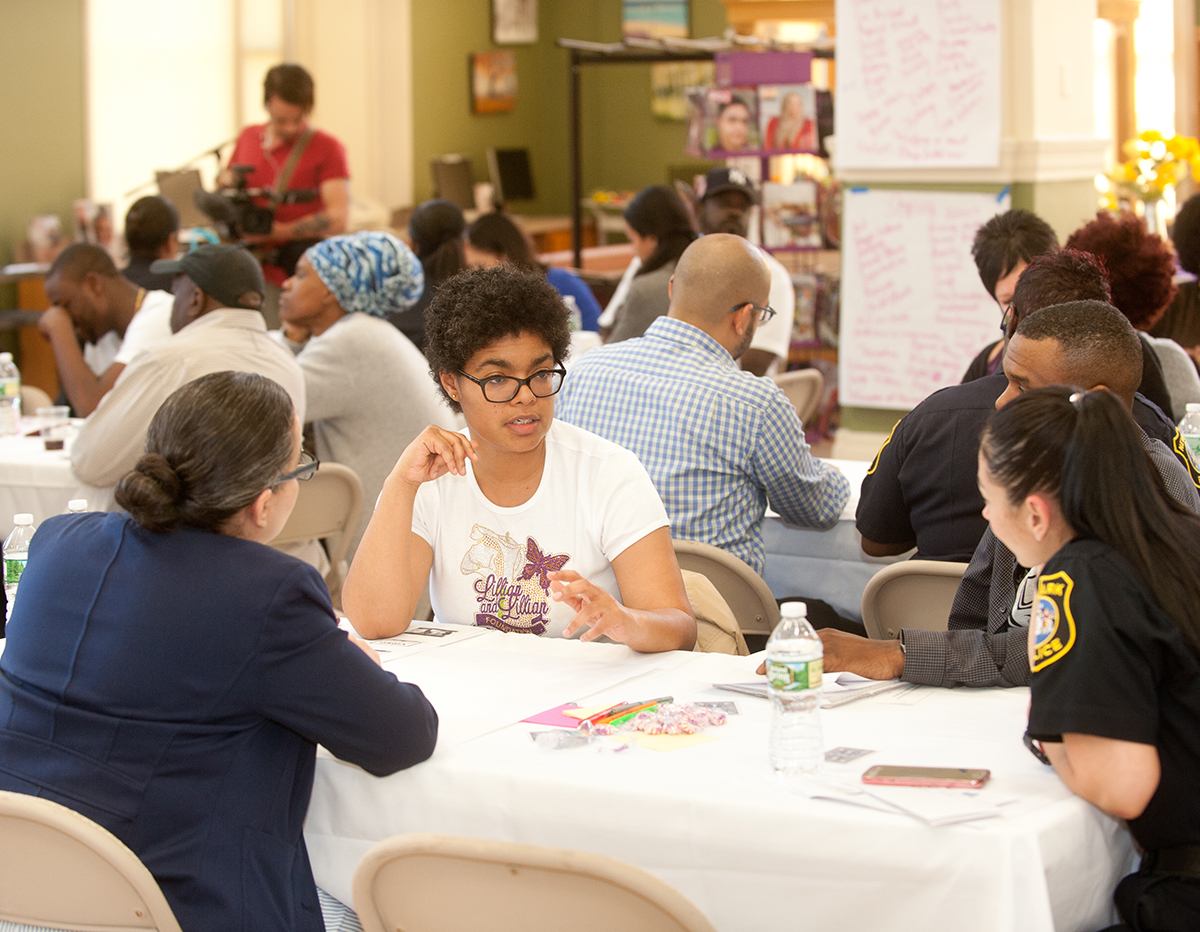
In 2014, I was leading police training for Newark, NJ, when Mayor Ras Baraka took office. This was a crucial juncture for Newark Police Department (NPD). A recession plus a surge in retirements had decimated the department.
But that wasn’t the only problem. Before my role at the Police Academy, I worked in Internal Affairs and had seen so many complaint cases that stemmed from officers not knowing what to do in a particular situation. And lack of knowledge was not an acceptable excuse for a community that felt abused.
Mayor Baraka quickly committed to the first part of the problem. In one of our initial meetings, he said, “I want to hire 400 more officers, I’m behind the academy 100% for whatever you need.” It wasn’t easy, but over three years we reached the mayor’s goal.
Around that same time, Equal Justice USA approached me and pitched a plan to improve relations with the community as well as NPD’s reputation. EJUSA’s idea? Sit community members, activists, and police officers in a room for three sessions to listen to each other’s issues.
You’re kidding… was my initial response. Every scenario I imagined ended with raised voices and searing looks of contempt. No way this could work.
Yet the more I considered EJUSA’s plan, the more it made sense. The community had legitimate complaints and issues with NPD. And I found in my community meetings that a little bit of accountability could go a long way, by acknowledging that a problem existed and repairing it.
An example: At one meeting, a woman really unloaded about police response time, saying it was “because all cops were busy getting coffee.” I placed my phone on the table and said, “I have every top-secret phone number for NPD right here, and guess what. It takes forever for me to get a response too.” I then described how our hiring plans would improve response time and be part of a 911 call center revamp.
Maybe the sessions with EJUSA could create space for similar acknowledgements. I believed NPD was ready to make this leap of faith.
At the first EJUSA trainings, before the session started, police huddled with police, community members stuck together. Conversation stayed at whisper level.
We divided the group of 30 at round tables. We didn’t know it at the time, but it was the beginning of the most prolific and transformative community-based training in NPD’s history. (EJUSA soon named the training Trauma to Trust.)
The journey through those sessions wasn’t always easy or tranquil. The discussions were mentally and emotionally exhausting.
A breakthrough did come, though. A community member yelled, “The police don’t care. You see it in their faces, they can’t stand us! We live here, and we deserve more!”
A young officer stood up across the room and pounded the table. “I care, but I can’t do everything! I’m held over on 16-hour shifts every day, I’m exhausted, my wife and I never see each other, and my two young kids don’t even look at me when I’m home because I’m never home! So maybe that’s why I look like I don’t care.”
This exchange — honest, authentic, vulnerable — opened up the dialogue and established space for listening and understanding and, ultimately, empathy and trust. We were in this together.
The officers in attendance began to “humanize” the people they were supposed to protect. Community members suddenly didn’t see the police officer as merely an authority figure with a badge and gun. They saw a father, a mother, a son, or daughter who risked their lives every day for them.
Today, EJUSA has trained about 220 NPD officers under Trauma to Trust (that number would be much higher if not for Covid-19). And I believe it’s an important contributing factor to the positive momentum and united strength that exists today among all Newarkers.
On May 25, 2020, George Floyd died at the hands of a Minneapolis police officer. Across the nation, cities protested. Every city saw instances of violence and destruction, sometimes for many days. But one city stood apart.
Newark did not experience a single violent protest — or any officer-involved shootings — in 2020. You were more likely to see police officers standing side by side with protesters expressing their opinions on important issues. How did Newark do it? Trauma to Trust was one of the important reasons Newark stood so strong. Even better days are coming.
I am recently retired. I lived in Newark for over 40 years and dedicated more than 20 years to improving the quality of life in my hometown. Looking back, I hope that my professional path has in some way helped the community stakeholders of Newark. I also hope I imparted situational knowledge to the police officers I tutored who risk their lives in more ways than I can mention here.
It is a lot easier to teach tactical shooting, as you can measure it. Teaching and operationalizing empathy, genuineness, and compassion are the most difficult tasks of being a leader.
But today’s police officers need to bring a sophisticated mentality to the job. For too long, we have spent far more time training for the active shooter scenario than we have those intangible skills — communication and de-escalation — that most police are far more likely to encounter and that are truly crucial to being guardians for their community. When they do those situations well, they’re likely to avoid a potential physical confrontation.
An old timer who trained me as a rookie officer once said, “Kid, no one needs the police, until they need the police, and sooner or later, we all need the police.” That old cop was right. We all need empathetic law enforcement professionals who are considerate, honest, and fair.
I kept this quote from the great philosopher Plato above my desk: “It does not matter if the cobblers and the masons fail to do their jobs well, but if the Guardians fail, the democracy will crumble.”
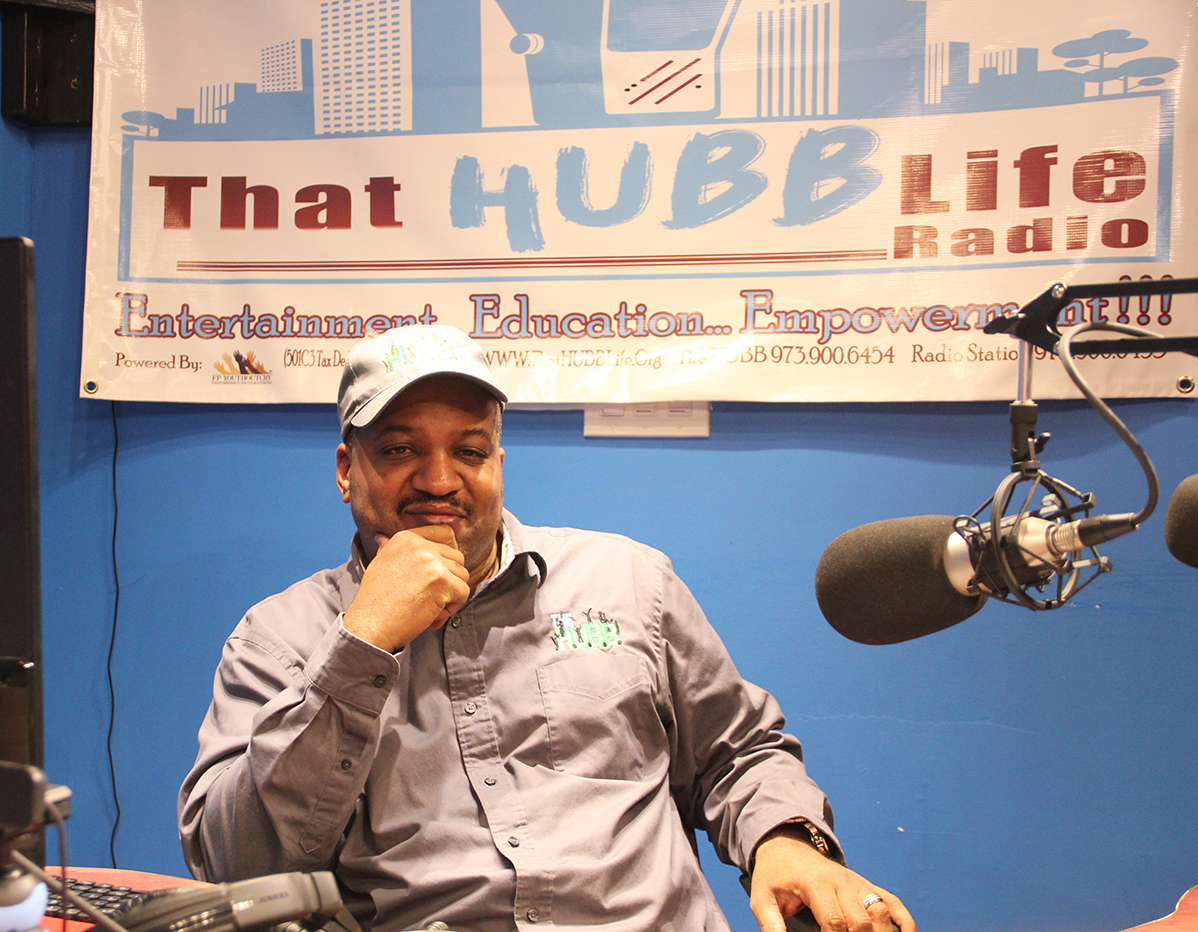


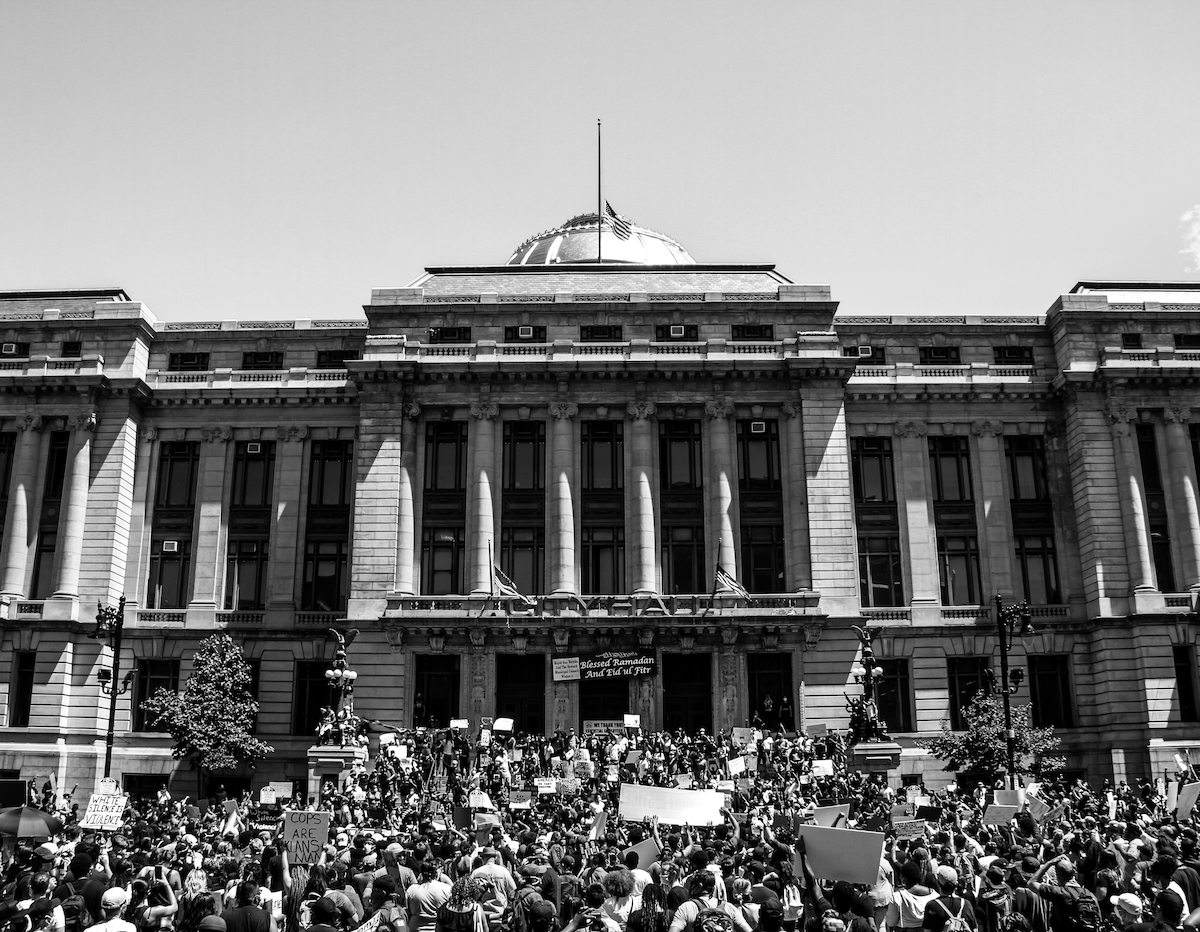
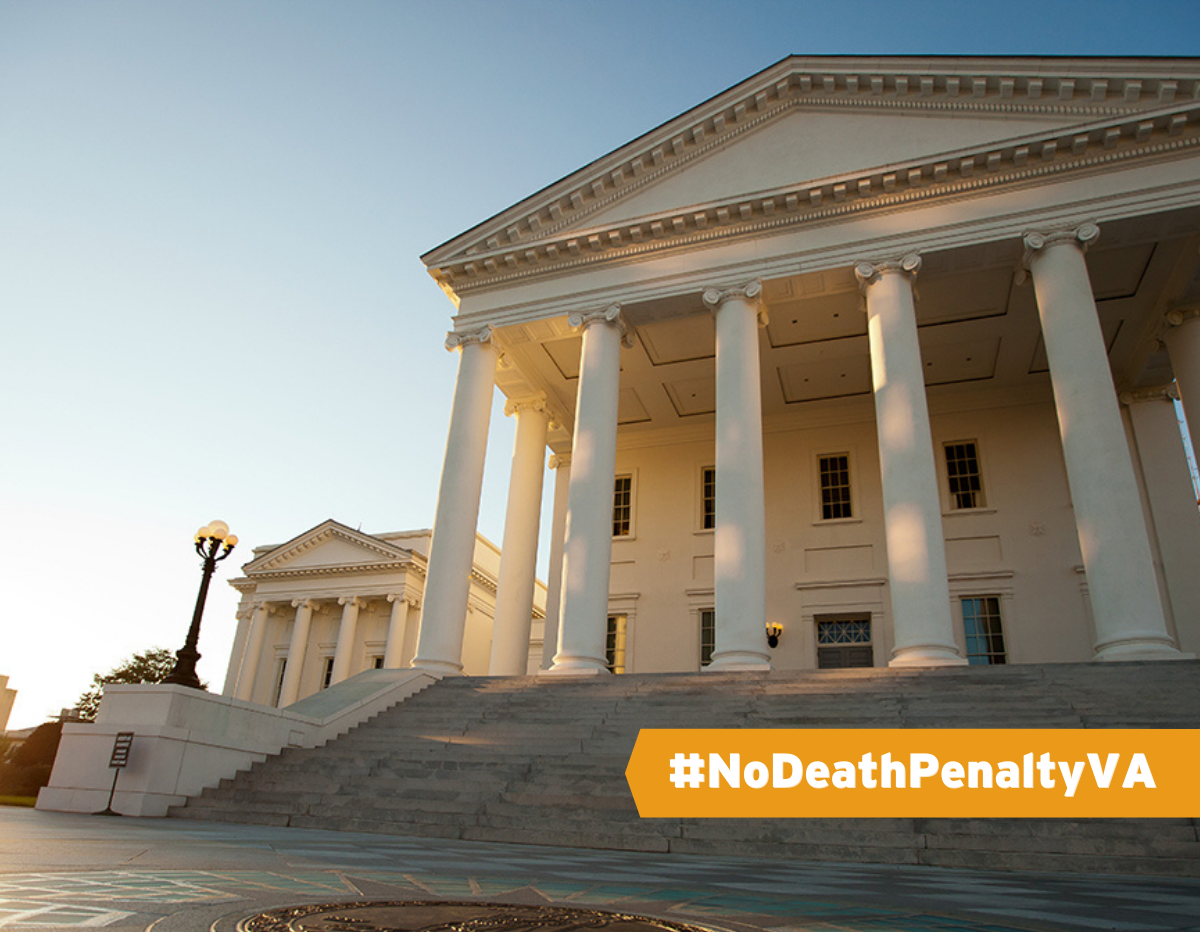
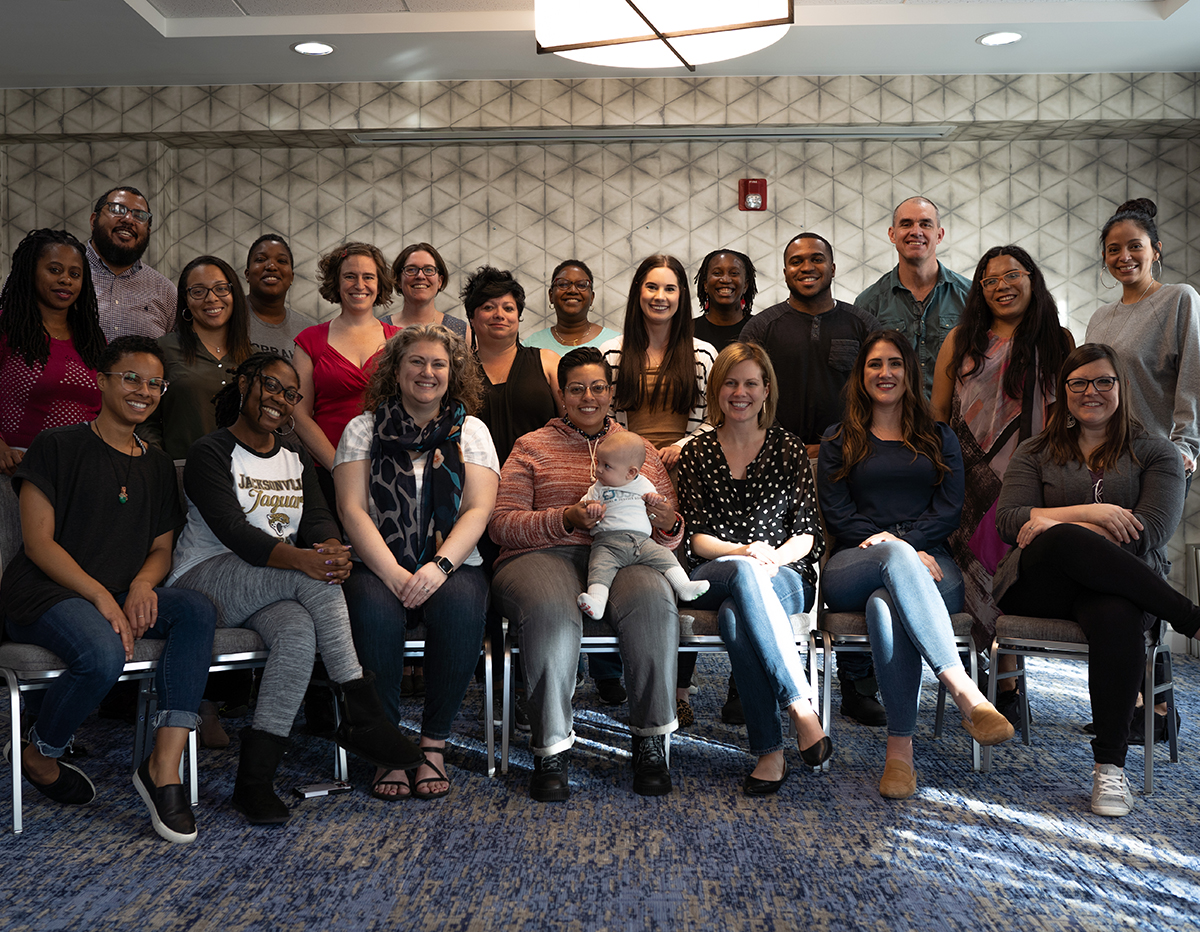
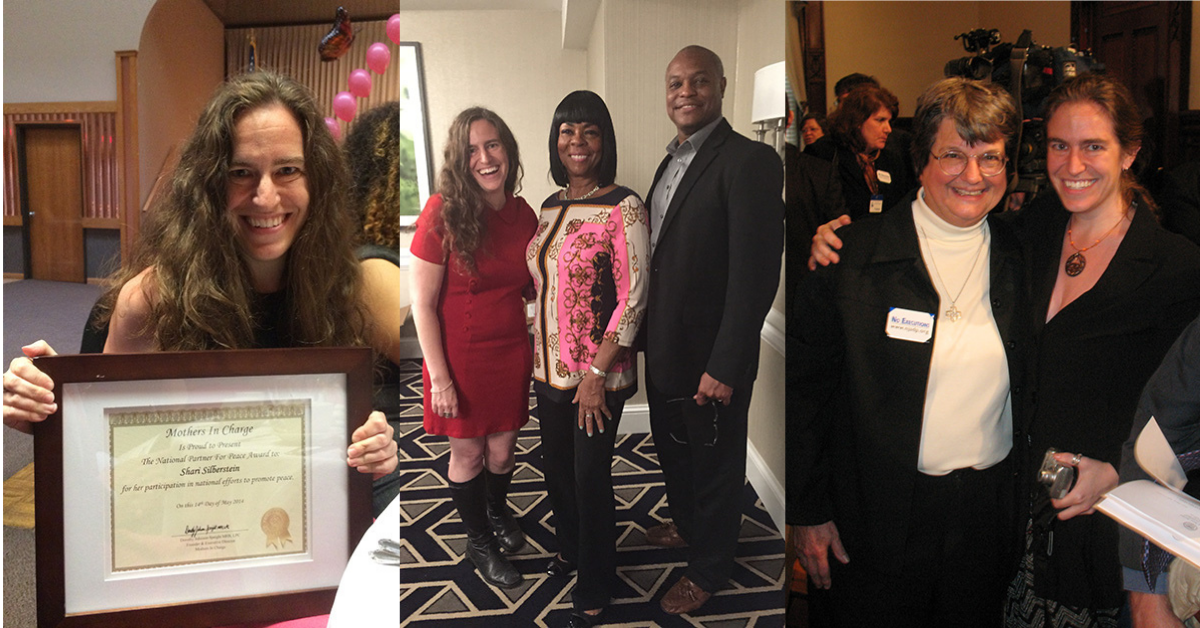

 I made this decision with a strong vision to see EJUSA led by those from communities most affected by our justice system. We’ve already made a lot of progress. EJUSA’s powerful, multiracial leadership team includes survivors of violence, people impacted by mass incarceration, and allied partners. In this pivotal moment for our nation, my transition will deepen our impact even further and take our work to new heights.
I made this decision with a strong vision to see EJUSA led by those from communities most affected by our justice system. We’ve already made a lot of progress. EJUSA’s powerful, multiracial leadership team includes survivors of violence, people impacted by mass incarceration, and allied partners. In this pivotal moment for our nation, my transition will deepen our impact even further and take our work to new heights. Today, our brilliant team of gifted leaders is 22 strong and growing, bringing decades of experience and achievements to our mission. We are breaking new ground in cities across the country, supporting community-led strategies to end violence, while continuing to push back against some of the most egregious features of the current system like the death penalty, police violence, and systemic racism. We are also working tirelessly to build an equitable workplace, to ensure that our organization centers healing and reflects internally the vision we are building externally.
Today, our brilliant team of gifted leaders is 22 strong and growing, bringing decades of experience and achievements to our mission. We are breaking new ground in cities across the country, supporting community-led strategies to end violence, while continuing to push back against some of the most egregious features of the current system like the death penalty, police violence, and systemic racism. We are also working tirelessly to build an equitable workplace, to ensure that our organization centers healing and reflects internally the vision we are building externally.